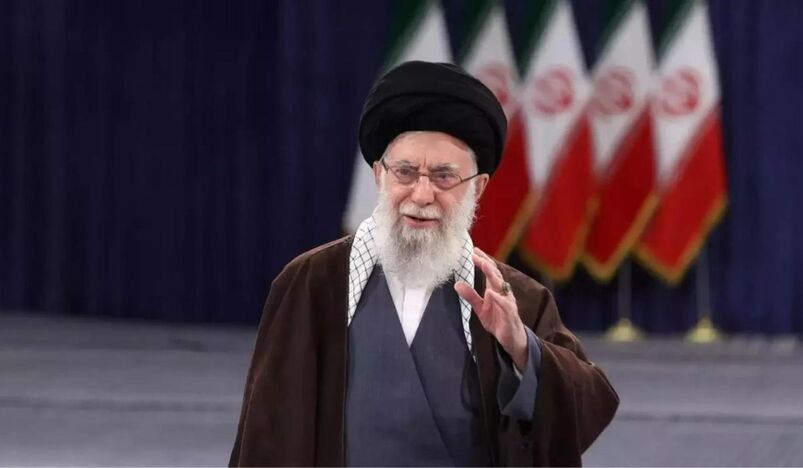
India Responds to Iranian Leaders Criticism of the Countrys Treatment of Muslims
India has strongly rebuked comments made by Iran's supreme leader about the treatment of its Muslim minority.
In a statement on Monday, the Ministry of External Affairs called Ali Khamenei’s remarks on X "misinformed and unacceptable." Although India and Iran typically maintain close relations, India's Hindu nationalist government's stance on minority communities has previously caused tensions between the two nations.
"Countries offering remarks on minority issues should first reflect on their own track record before criticizing others," read the statement from New Delhi.
This pointed response came after a social media post by Khamenei on Monday, in which he stated, "We cannot truly call ourselves Muslims if we ignore the suffering of Muslims in places like Myanmar, Gaza, India, or elsewhere."
India and Iran generally maintain a strong relationship, highlighted by robust economic connections. In May, the two countries signed a 10-year agreement to develop and manage the Chabahar port on Iran's southeastern coast.
India is working on developing this port as a key route for exporting goods to Iran, Afghanistan, and Central Asia, enabling it to bypass the Pakistani ports of Karachi and Gwadar, located in its rival nation.
Khamenei has previously criticized India on matters concerning its Muslim population and the disputed, Muslim-majority region of Kashmir.
Human rights organizations claim that mistreatment of Muslims has escalated since Prime Minister Narendra Modi took office in 2014. During this time, there has been a rise in attacks targeting Muslims and their livelihoods, along with an increase in hate speech.
Incidents of mob lynching, often justified as protecting cows—considered sacred by some Hindus—have also surged under Modi's leadership, with homes and properties being demolished.
In March, the Indian government introduced rules to enforce the Citizenship Amendment Act, a contentious law that paves the way for non-Muslim refugees from neighboring countries to gain Indian citizenship.
The law stated that Hindus, Parsis, Sikhs, Buddhists, Jains, and Christians who fled from predominantly Muslim countries—Afghanistan, Bangladesh, and Pakistan—before December 31, 2014, would be eligible for Indian citizenship.
Several rights groups labeled the law as "anti-Muslim" for excluding Muslims, sparking concerns about the secular nature of the world’s largest democracy.
At the same time, Iran faces accusations of discriminating against minorities. A UN report last month highlighted that ethnic and religious groups, particularly the Kurdish and Baluch minorities, have been disproportionately targeted by Tehran's crackdown following the mass protests of 2022.
.jpg)
Qatar Secures Place Among the World's Top 10 Wealthiest Nations
.jpg)
Hamad International Airport Witnesses Record Increase in Passenger Traffic

Saudi Arabia: Any visa holder can now perform Umrah

What are Qatar's Labour Laws on Annual Leave?
Leave a comment